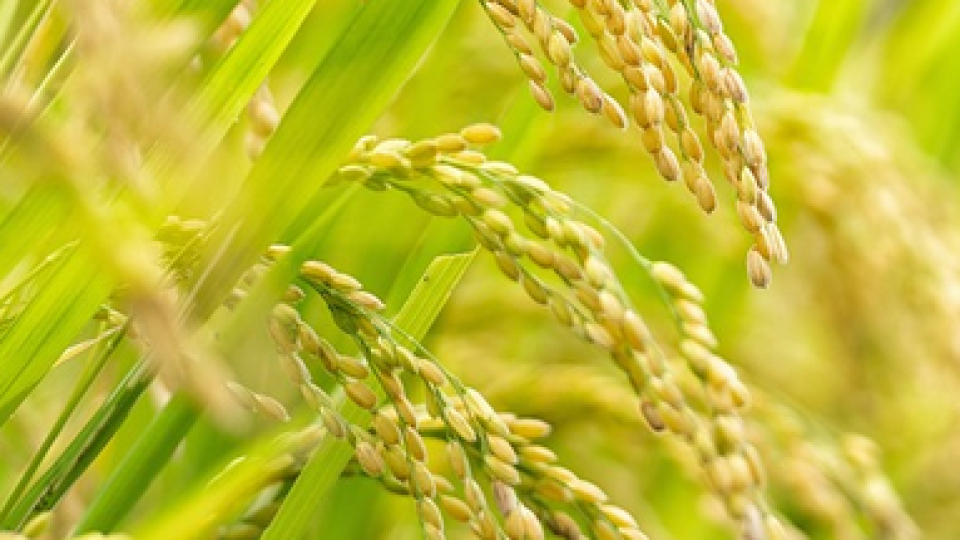January 5, 2024
JAKARTA – President Joko “Jokowi” Widodo has acknowledged that cutting the country’s reliance on rice imports has proven to be difficult task, as he defended his government’s continued procurement from overseas, despite promises years ago to stop doing so in order to become self-sufficient.
Jokowi argued Indonesia was not able to meet its rice-production target for many years, as each year the country saw its population grow at a steady rate of 4 million to 4.5 million new-born babies annually.
“What we hoped for is that we would no longer need to import rice, but in reality, it’s very difficult,” Jokowi said on Tuesday when visiting Central Java, as reported in Kompas.
He added that currently Indonesia’s population is close to 280 million and they all need to be fed.
Last year, the government tasked the State Logistics Agency (Bulog) with importing 3.5 million tonnes of rice before directing the agency to procure another 2 million tonnes in 2024.
The government claimed the move was necessary to replenish its diminishing reserves and to brace for a poor harvest due to the impact of El Niño.
Jokowi had pledged to stop food imports and make Indonesia self-sufficient in rice and other staple foods such as sugar, corn and soybeans, since he took office in 2014.
Jokowi also promised to assist farmers in becoming independent so that Indonesia could become a producer rather than merely a consumer nation.
During the same event, Jokowi said that he was grateful that Indonesia had imported less corn each year with the amount decreasing from 3.8 million tonnes in 2015 to 800,000 tonnes as of this year. He hoped that similar reductions could be made for rice.
“This means that the number of farmers producing corn has been increasing. We don’t need to import the 3 million tonnes [of corn] because we have domestic production to cover that,” Jokowi said.
Jokowi also acknowledged that importing food has increasingly become more difficult in the past few years, pointing out that many countries opted not to export their commodities, such as rice.
Currently, 22 countries are unwilling to export their rice surpluses as a strategy to safeguard their own stocks. This includes India, the world’s largest rice exporter since last year.
“We have to do the same, we need to produce, if we have extra [rice production] we’ll use it for government strategic reserves. If other countries need it, it’s OK, but the price will be high.”
Indonesian rice production is projected to drop by 650,000 tonnes this year, according to official estimates provided by Statistics Indonesia (BPS). This amounts to a decline of 2.05 percent compared with last year. This year, rice output is projected to hover at around 30.9 million tonnes.
On Dec 22 last year, Jokowi said that Indonesia would receive rice imports from Thailand and India in 2024. He added that Thailand was ready to send 2 million tonnes to Indonesia despite ongoing extreme weather events that have hampered production in many places.


